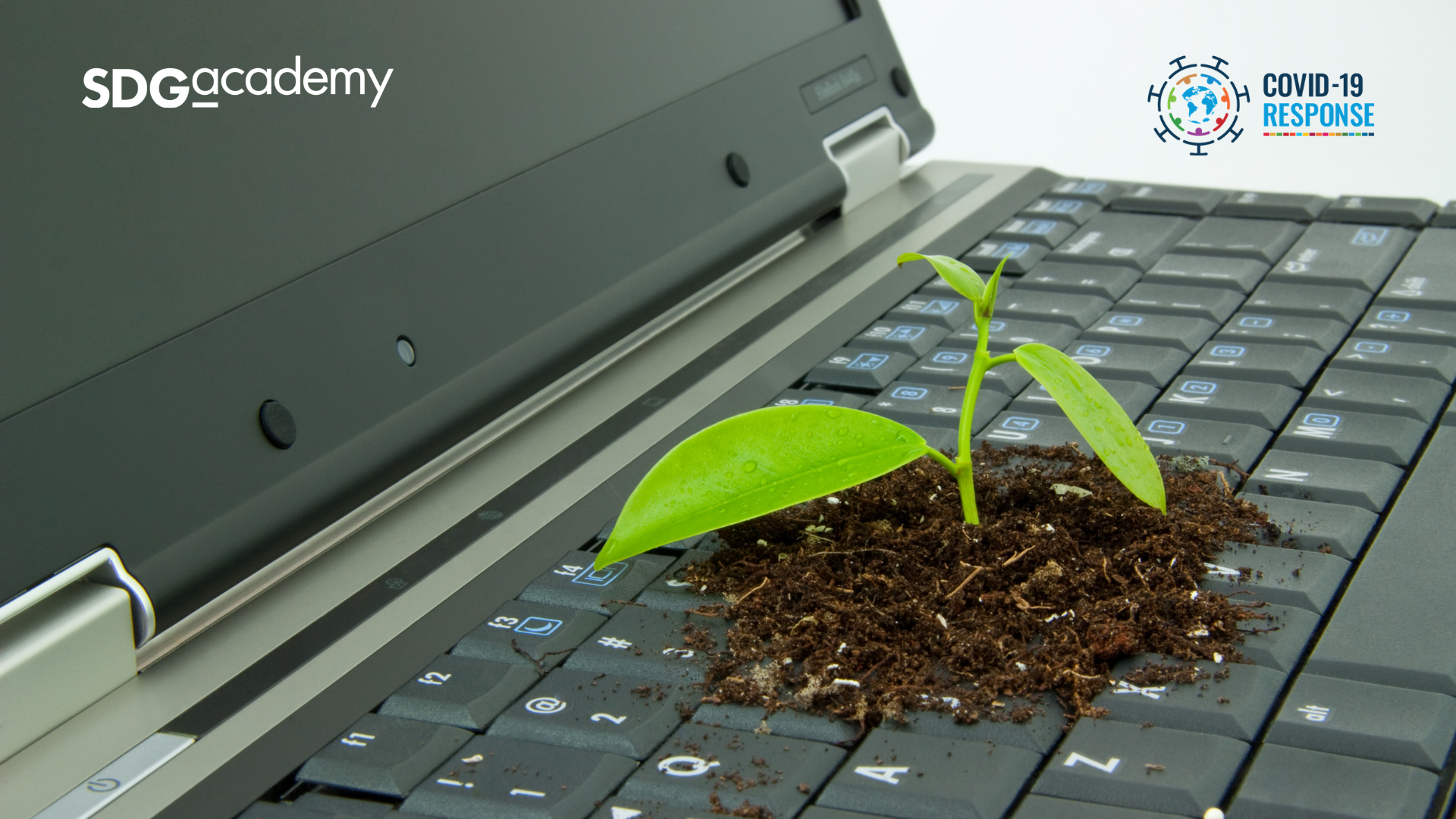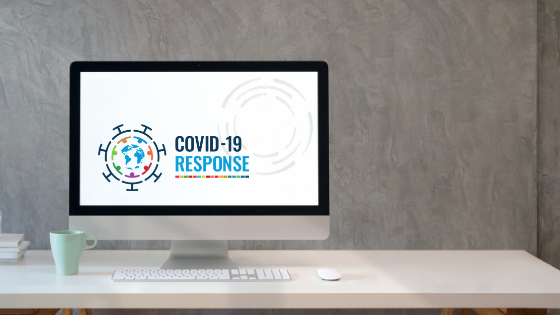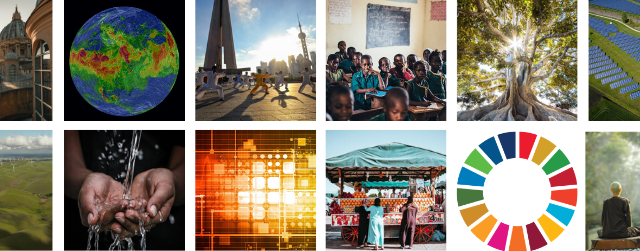For many around the world, September and October mark the beginning of a new academic term. This year, of course, teaching and learning activities will look a little different and present unique challenges due to the COVID pandemic. With most institutions opting for some form of remote learning, education will chart different experiences for everyone. But with these changes come new opportunities, and a reminder that now, more than ever, we must fight for a safer, equitable, and sustainable future.
In March 2020, as many universities first turned to remote teaching, the SDG Academy hosted a webinar to introduce educators around the world to our resources and suggest some ways they might be used to enhance online teaching. Then, in April, we shared further considerations and best practices for making the rapid transition to online education. We hope that these resources continue to be useful to educators as we move into a new term of remote or blended learning.
Now, as you plan your online lessons for the coming term, we encourage you to consider how you can integrate the principles of sustainable development—promoting prosperity, people, and planet—into your syllabi, and we once again invite you to use the SDG Academy’s online resources to expand and enhance your remote teaching in these areas.
- Be prepared. Conducting remote classes usually means relying on online platforms, so make sure you are familiar with the technical side of online resources. Are you using a learning management system? Conferencing software for face-to-face instruction? What other resources are available to you? If your university is not already a member, consider joining the edX Open Campus initiative, which supports universities in using edX resources to expand online learning options.
- Build on the strengths of online learning. While there are several disadvantages to teaching online, there are several strengths to it as well. For instance, asynchronous classes and recorded lectures make more room for students’ self-directed learning. The use of learning management software, virtual conferencing programs, and other online tools help students develop technology skills that are increasingly necessary in a digitized world. And the internet allows for increased opportunities to connect and collaborate with students across the university, around the country, and around the world for peer learning and exchange.
- Relate concepts and theories to real-life events. The COVID-19 pandemic has caused a spread of disinformation and confusion. Take the opportunity to address current issues with resources such as the SDG Academy’s Understanding COVID-19 playlist, which examines the pandemic through the lenses of economics, politics, the environment, public health, and more.
- Quantify abstract goals. As we grapple with serious issues like racial injustice, famines, and glaring inequalities, it is normal for students to be pessimistic about our world. At times, the SDGs seem unattainable and abstract. Incorporate lessons from our mini-course on Measuring Sustainable Development to learn how to track progress on the Goals and which SDGs need to be prioritized in which contexts. Students (and instructors) may also want to reference resources from our course on How to Achieve the SDGs to learn about concrete steps and innovative solutions to take to achieving the SDGs. (Videos from both courses are also available in the SDG Academy Library. Find them under “Series.”)
- Appreciate the interdisciplinary nature of the SDGs. While teaching about the SDGs, it is important to remember that the Goals are interconnected. For instance, Prof. Jeffrey Sachs’s popular SDG Academy course Sustainable Development: The Post-Capitalist Order explores the shortcomings of modern-day capitalism through the perspective of different SDGs, and is a useful template to build a course using the SDGs as a lens.
Useful Resources:
- Levy, D. (2020) Teaching Effectively with Zoom. (Book available for purchase.) (Also see the companion website for free resources.)
- Online Learning Consortium. OLC is the leading professional organization devoted to advancing quality online learning in higher education. Their website includes a wealth of information about online learning best practices, as well as opportunities for professional development in the field such as courses, webinars, and workshops.
- Teach Online. Design, development and delivery resources for teaching online by Arizona State University, named the “most innovative university in the U.S.” five years running by U.S. News & World Report.


